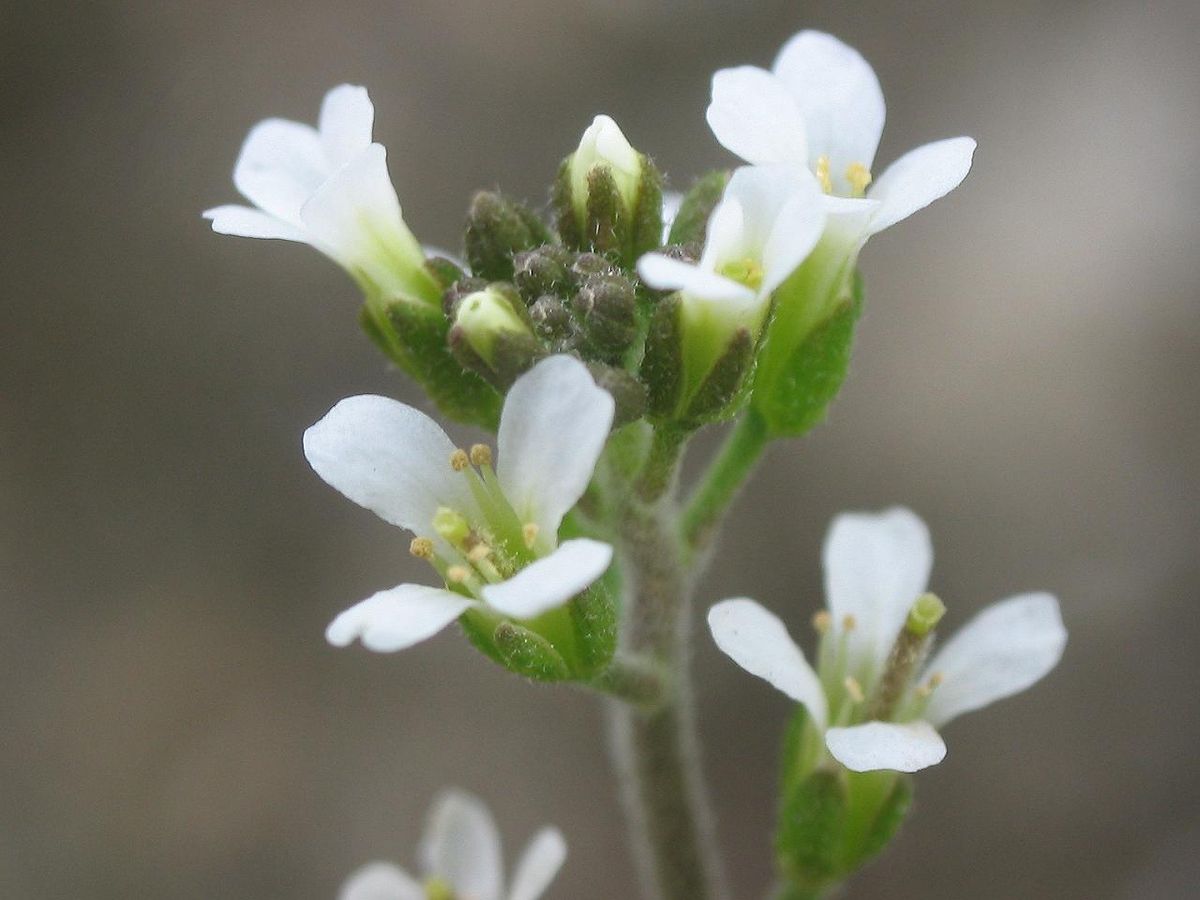
Researchers from Harry Perkins Institute of Medical Research and the University of Western Australia have developed synthetic genetic circuits that can turn plant genes on or off based on the environment.
The botanical breakthrough could lead to the creation of plants that can be customised to support space exploration. Imagine a hardy, fast-growing plant that can produce caffeine, aspirin or anti-cancer medicines in the harsh environments of space.
That is the ultimate goal of the work that could see a future where engineered plants that are nutrient dense and survive on minimal light and water, make space exploration a real possibility.
The study, published this week in Nature Biotechnology, is ‘one small step’ towards that future.
The publication reveals that the team developed a new genetic ‘programming language’ that can be written into a plant’s genome and enables plant cells to sense and respond to desired combinations of signals and conditions.
Programmed ‘smart’ plants, capable of switching ‘on’ or ‘off’ particular useful genes, could improve agricultural yields and adapt crops for distinct environments such as altered Earth climates or in vertical farming and space exploration.
The study was led by Dr Adil Khan, Dr Brendan Kidd and Professor Ryan Lister, from the ARC Centre of Excellence in Plants for Space and UWA’s School of Molecular Sciences. Professor Lister, who also heads the Genome Biology and Genetics Program at the Perkins, said the new technology allowed gene expression to be programmed when and where it was needed.
“We’re excited about this technological development and aim to use it to reprogram plants for the controlled environment conditions of space missions and vertical farming industries on Earth,” Professor Lister said.
“The synthetic circuits could allow us to add new cellular functions and behaviours in plants, such as enhanced disease and stress tolerance or on-demand production of pharmaceuticals or biomaterials.”
The circuits have been tested in the model plant species Arabidopsis (pictured above) and moss, as well as in canola and wheat crops.
Read the full study, CRISPRi-based circuits for genetic computation in plants, at Nature Biotechnology‘s website.
